Abortion rights are under attack in many countries. Yet a recent study shows just how damaging, both psychologically and economically, being denied an abortion can be.
by Richard Grossman MD

Dr. C. Everett Koop was President Ronald Reagan’s Surgeon General for most of his 2 terms. An excellent pediatric surgeon, Dr. Koop had very strong anti-abortion beliefs, consistent with Reagan’s.
Reagan asked Koop to research the psychological and physical harm that abortion does to women. When Koop did not find the substantiation he had expected, he refused to publish his findings. He is reported to have commented about the value of studies done by antiabortion people, mentioning “… the poor quality of their research evidence….”
When the report was made public, Koop stated: “There is no doubt about the fact that some people have severe psychological effects after abortion, but anecdotes do not make good scientific material.”
The world needed to wait more than 30 years to get good scientific evidence about abortion’s lack of psychological damage to women. Dr. Diana Greene Foster and a team of social scientists at the University of California, San Francisco, have finally done the research that was needed to determine the sociological and psychological safety of abortion. Their findings are good news for women.
The physical safety of abortion had already been determined. Despite what some people think, having an abortion is much, much safer than giving birth. It was only the psychological and economic effects that were in question in Koop’s era.
The work of Dr. Foster and her group is outlined in a short TED talk, “What Happens When We Deny People Abortions?” In addition, her book The Turnaway Study (2020) is very readable; it intermixes their findings with short case histories of study women.
What is the best way to investigate the effect of abortion on women? You need to compare two sets of women. One group would be women with unintended pregnancies who had abortion care. The other group would also want to abort their pregnancies, but not be able to do so. Foster and her group found these two groups, and carefully followed each woman for 5 years. They recruited women from abortion clinics all over the USA. Each clinic has a gestational limit. Members of the first group were just under that limit; women had their desired abortions. Women in the control group were less fortunate. They were just over the limit, so could not have an abortion, and the nearest clinic where the abortion could be performed was too far away for them to travel. They were turned away and later delivered.
The findings were conclusive:
- Most women who have an abortion do not regret having had it.
- Having an abortion did not tend to cause psychological harm.
- Women who wanted an abortion, but did not receive it, had an increase in poverty.
- Being denied an abortion makes it more likely that a woman will stay with an abusive partner, and more likely that a woman will be a single parent without family support.
- Children born as a result of abortion denial are more likely to live below the federal poverty level and experience poor maternal bonding.
- More than half of women who seek abortions are already parenting children. This study found that the financial wellbeing and development of these older children are negatively impacted when their mothers are denied abortion.
Let’s hope that there will be no more deceit about abortion. Not only does abortion help women, but it also helps the children who preexisted the aborted pregnancy, or who were born after. The saddest finding of the Turnaway Study is that two of the women who were forced to carry unintended pregnancies died as a result of those pregnancies.
Richard Grossman is a retired obstetrician-gynecologist. He writes a monthly essay on human population at: www.population-matters.org. This text was originally posted on his site on 3 March 2024.
Read more about abortion on TOP: https://overpopulation-project.com/reproductive-biology-of-abortion/


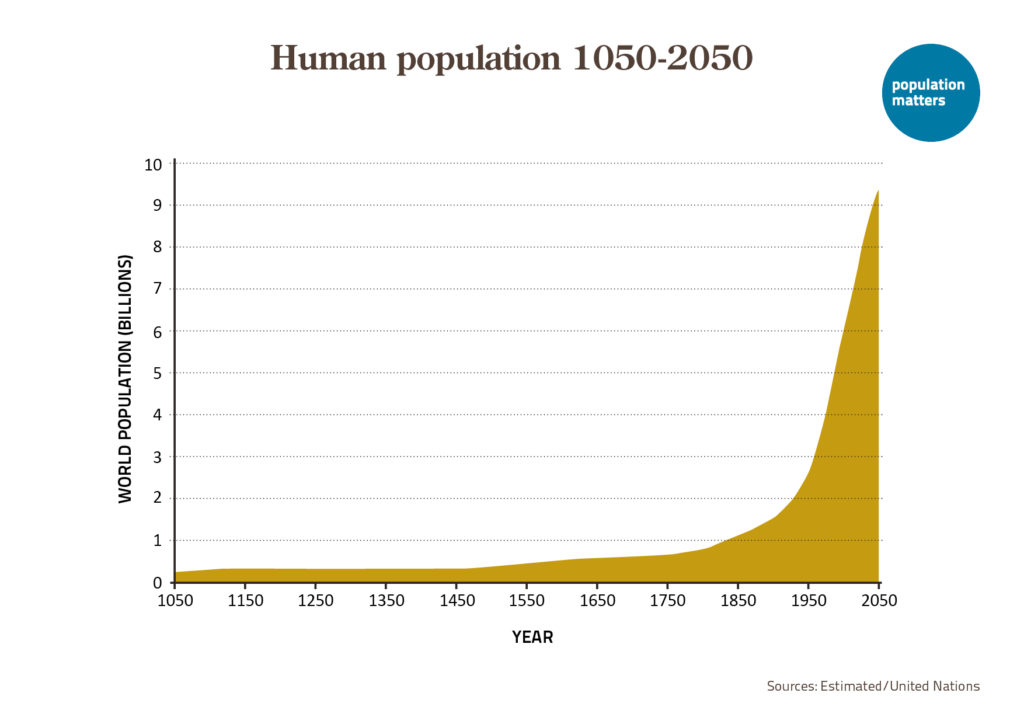

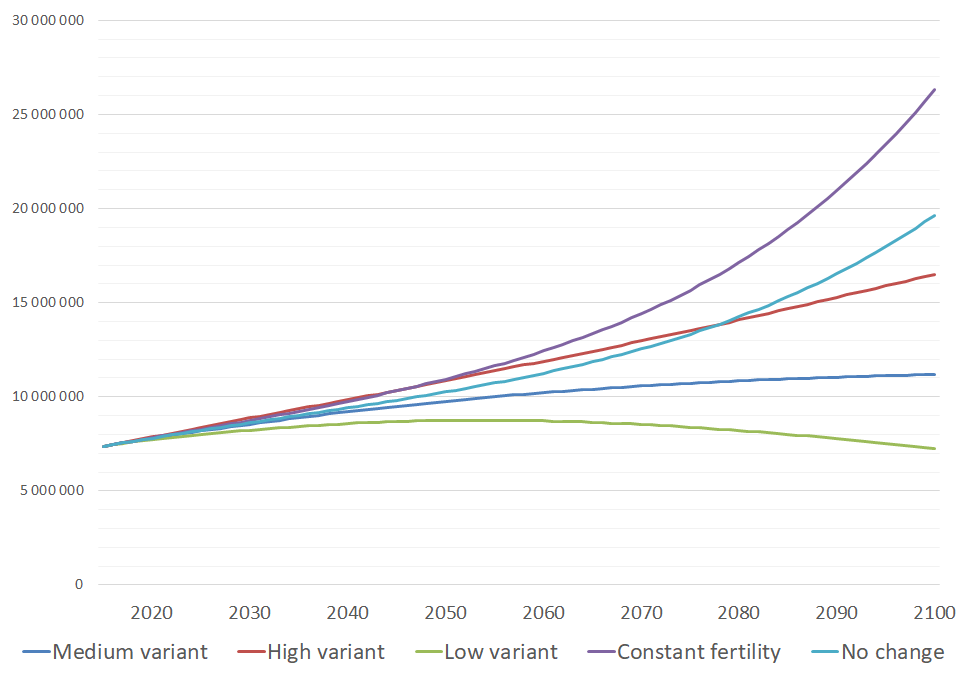
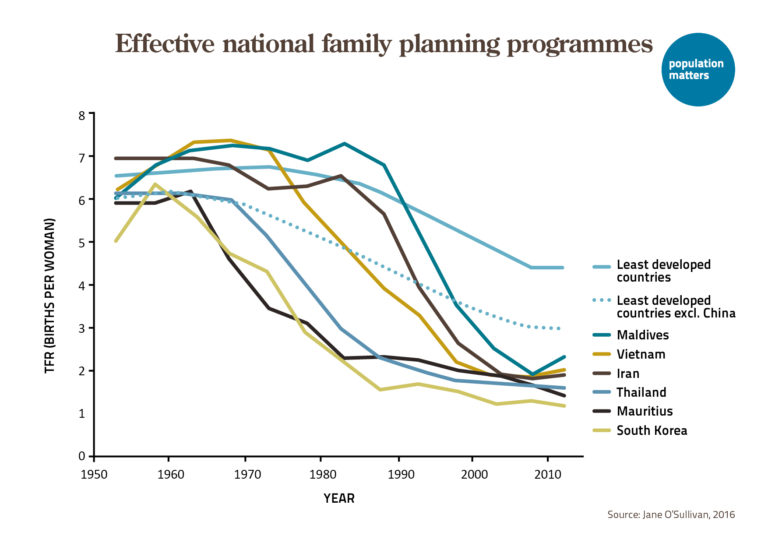

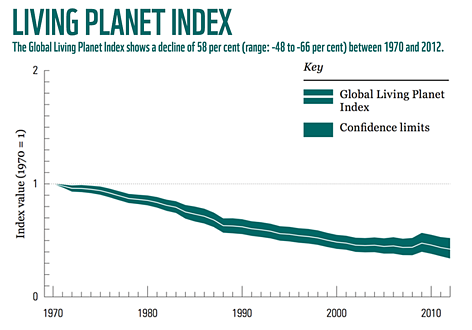
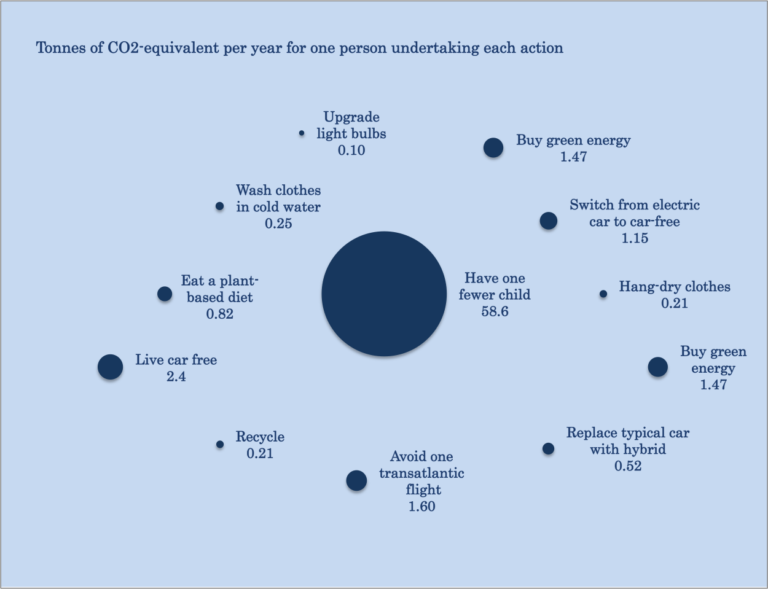

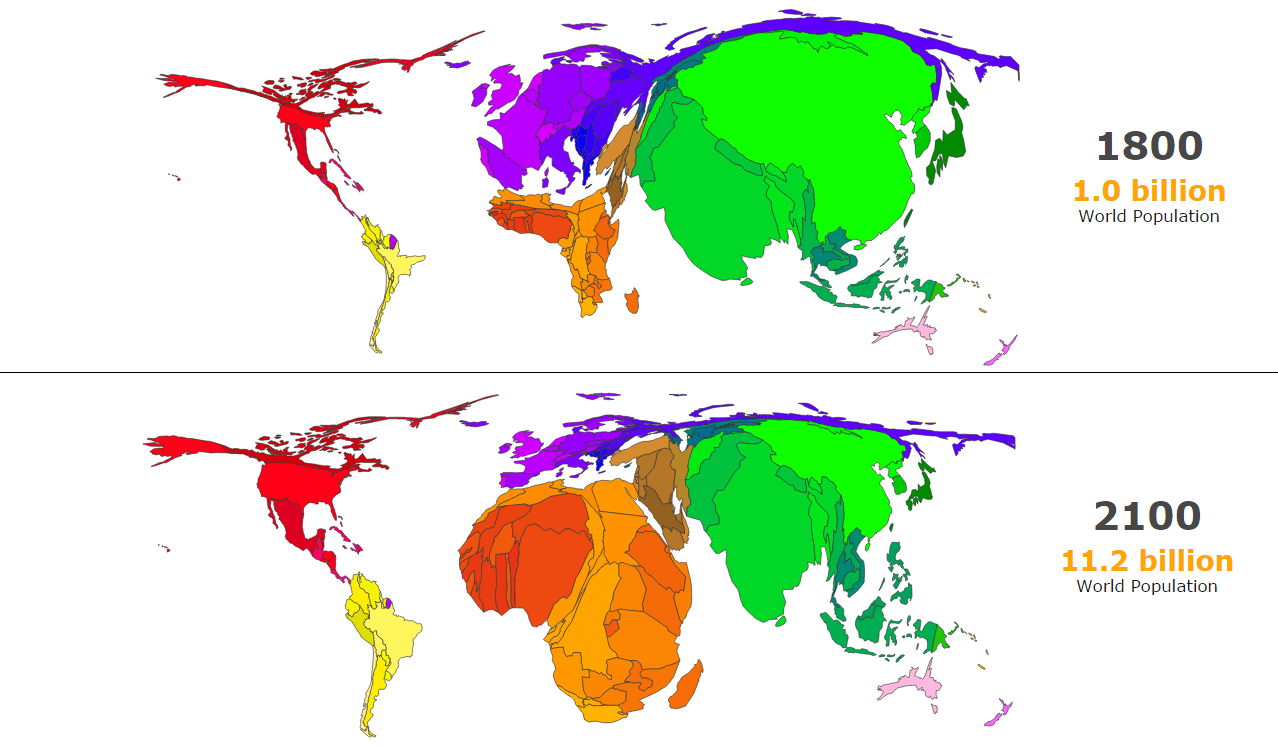
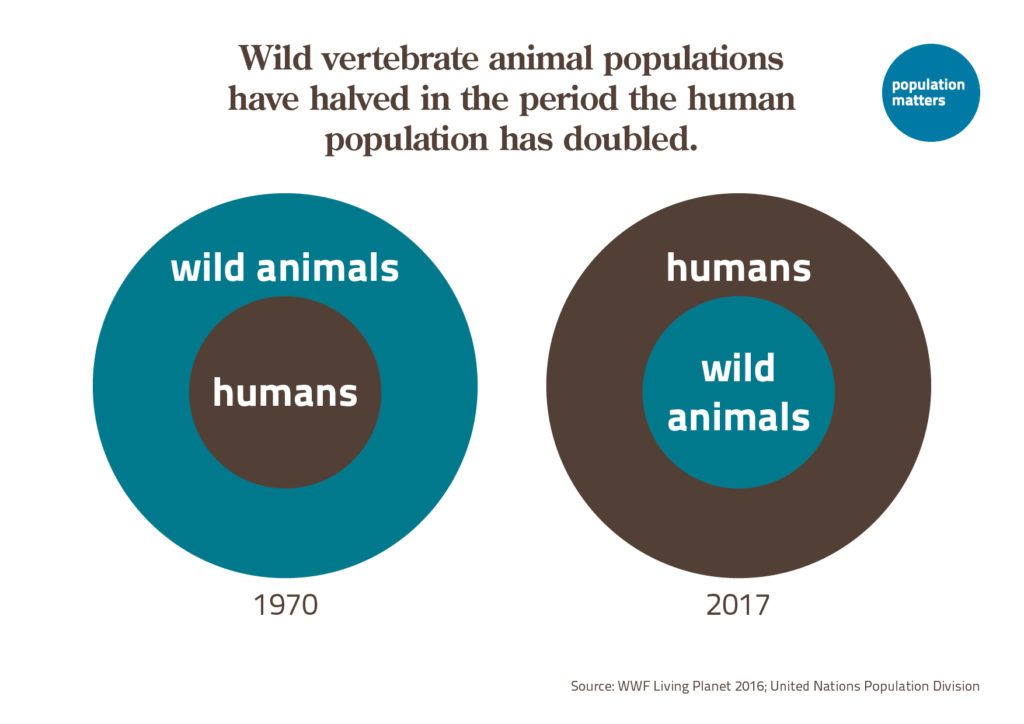
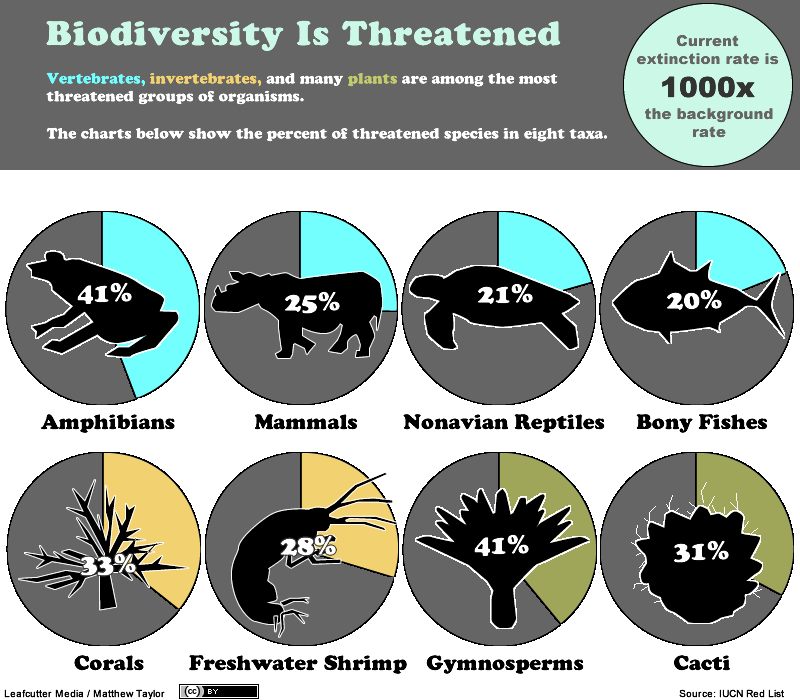
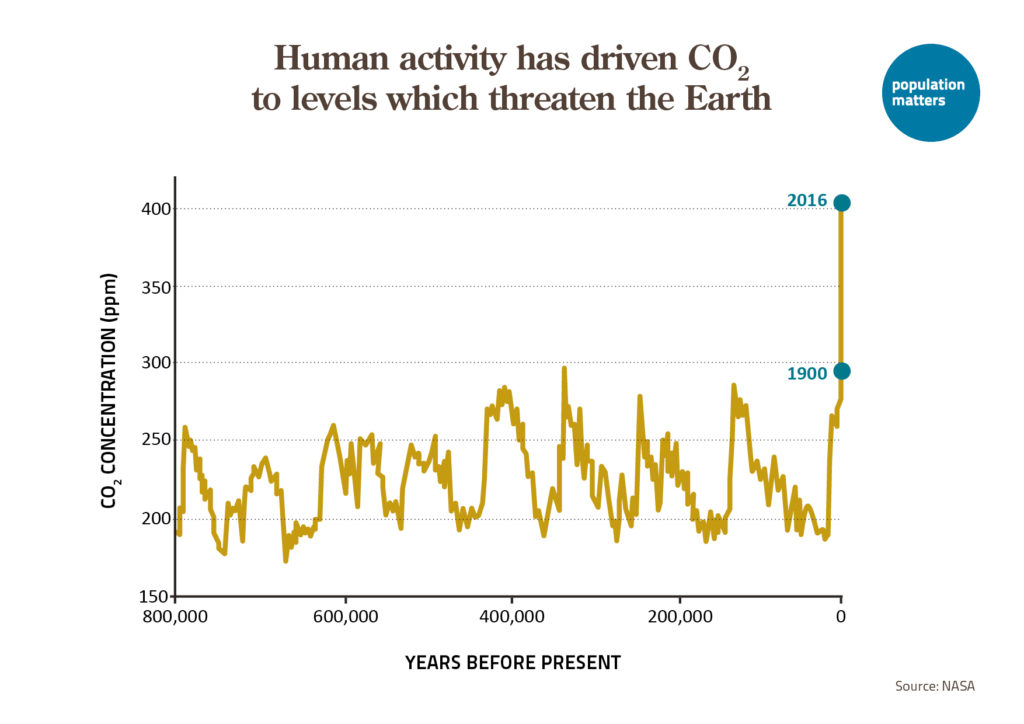
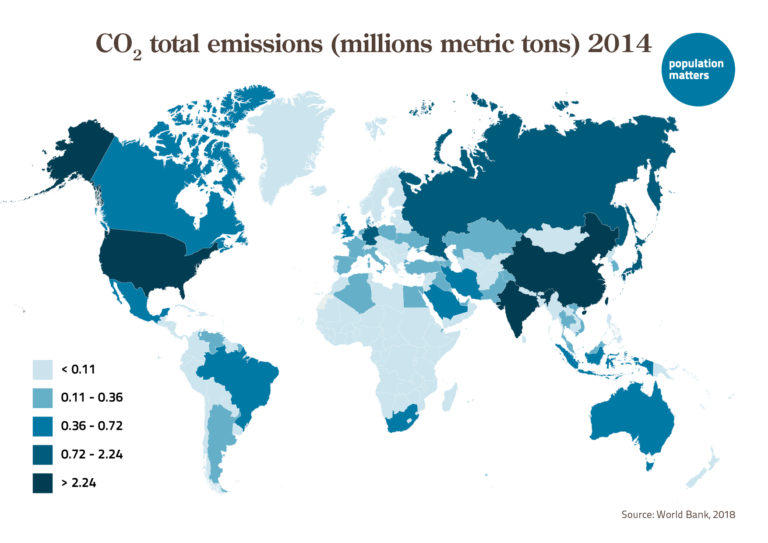

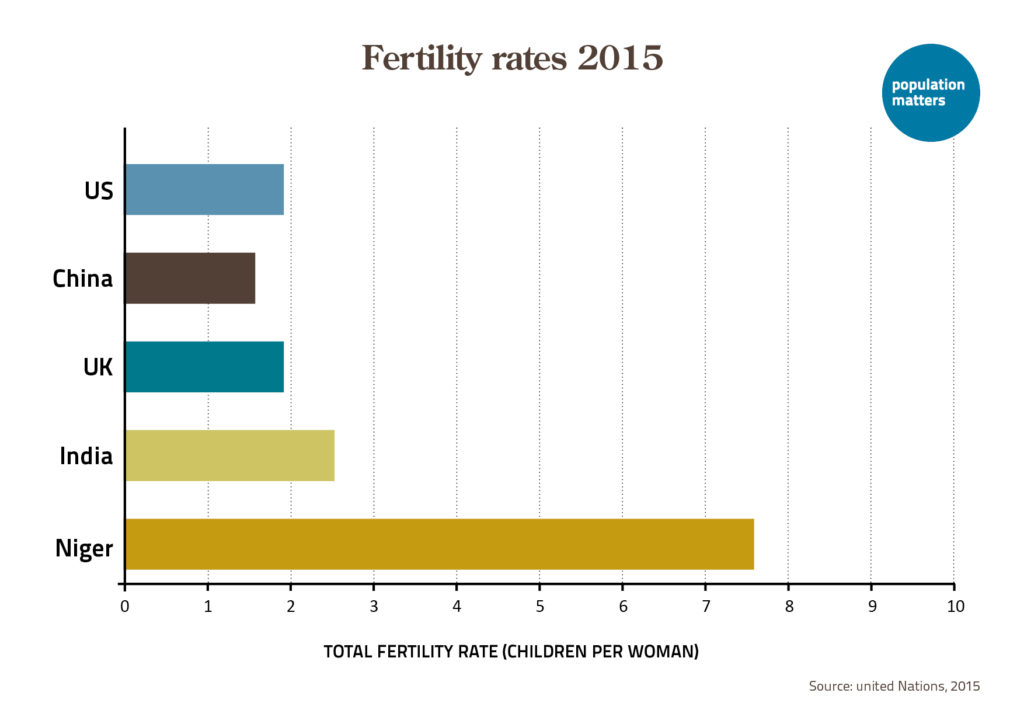
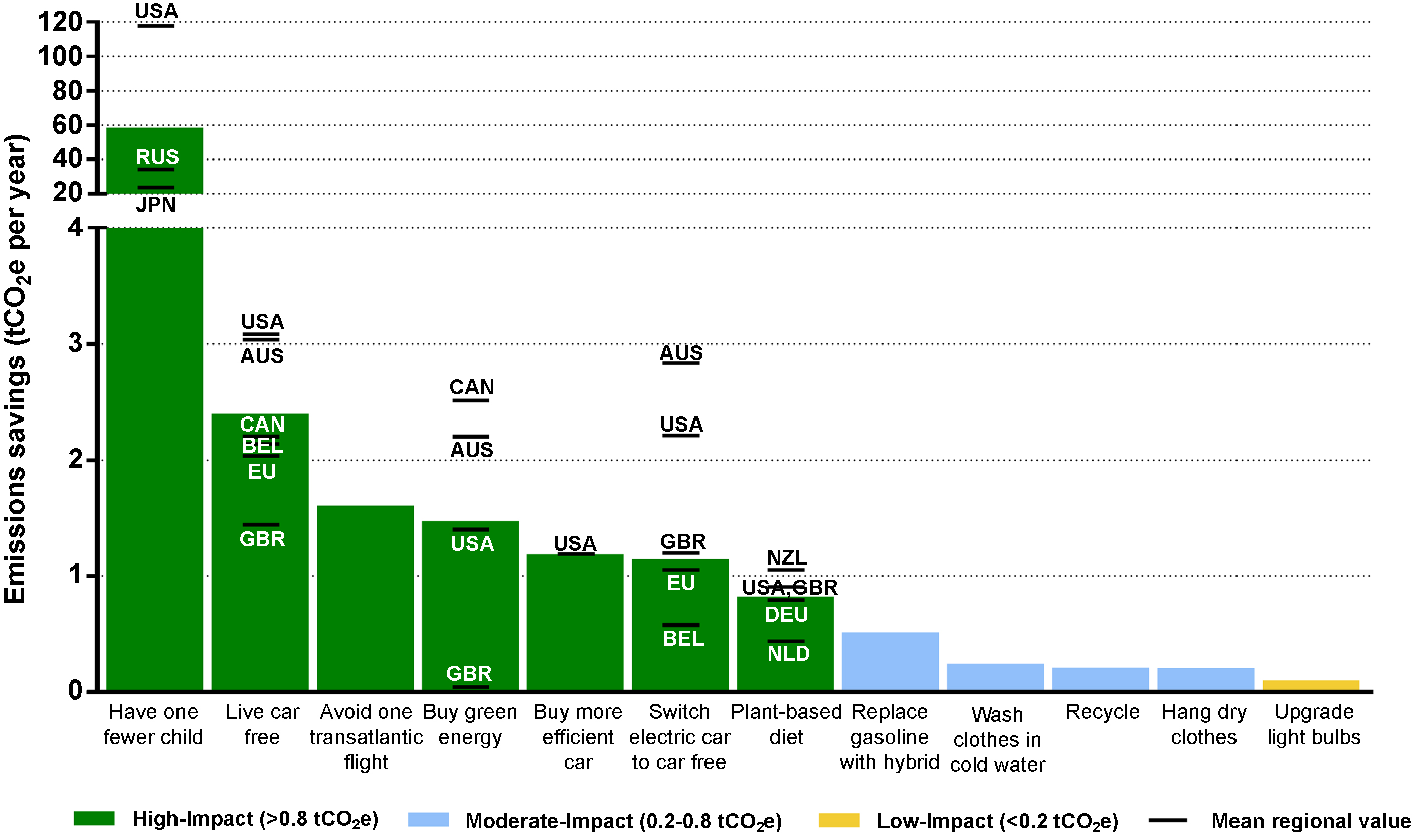





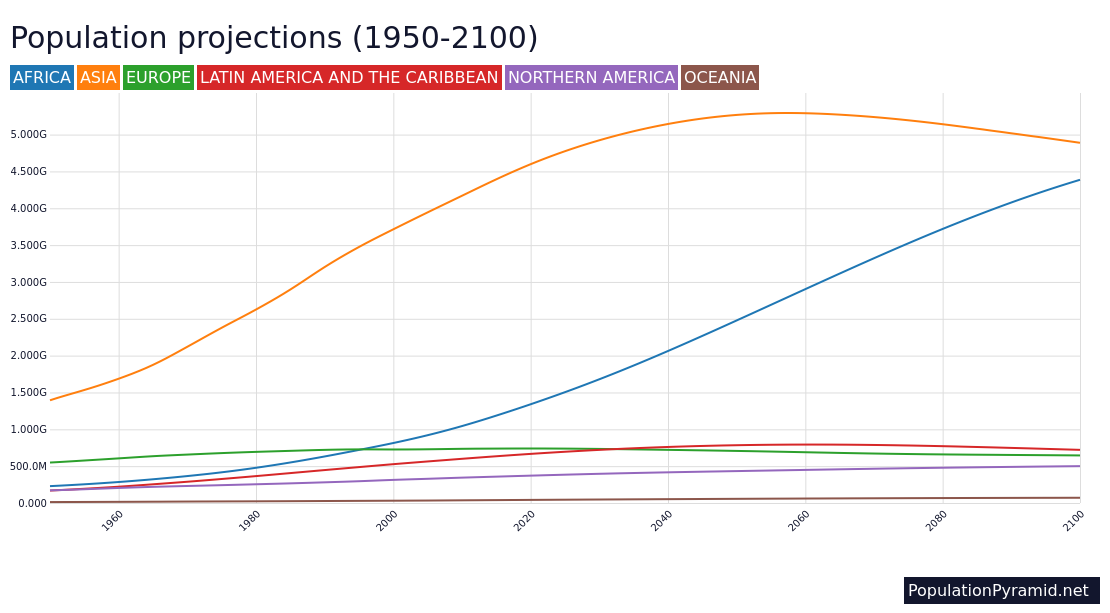
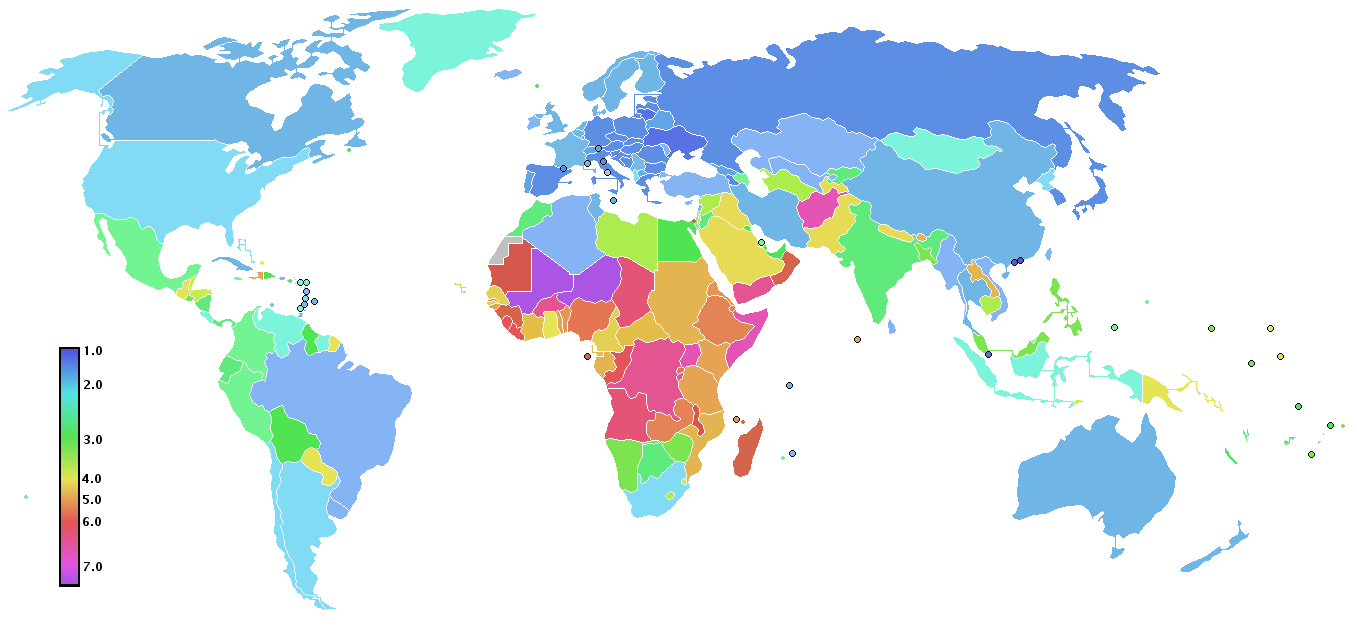
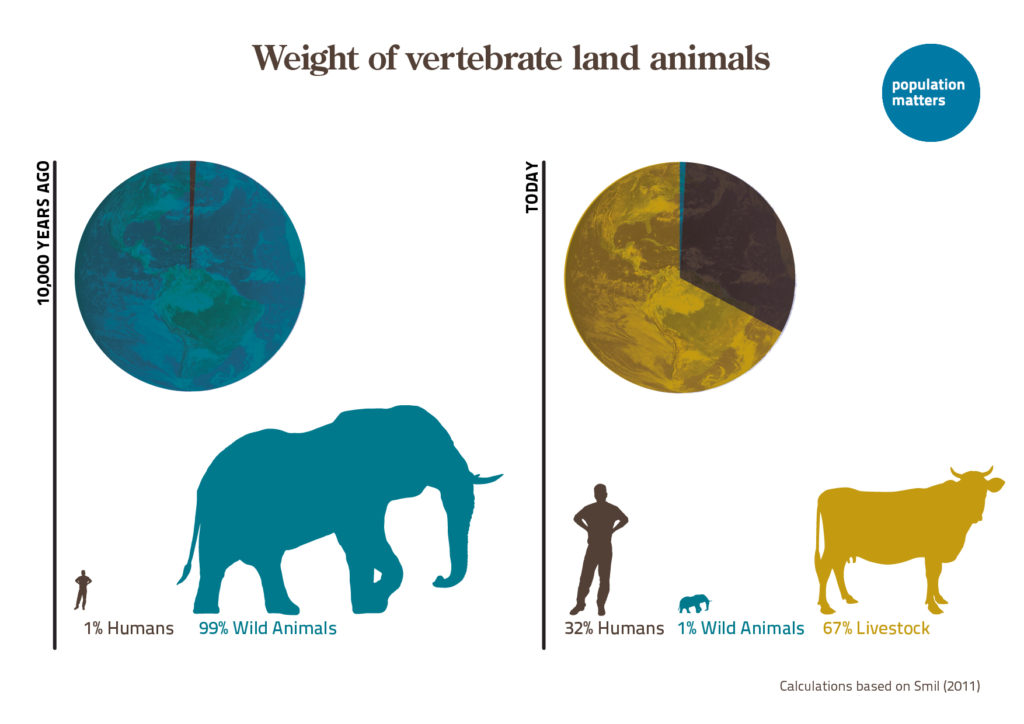

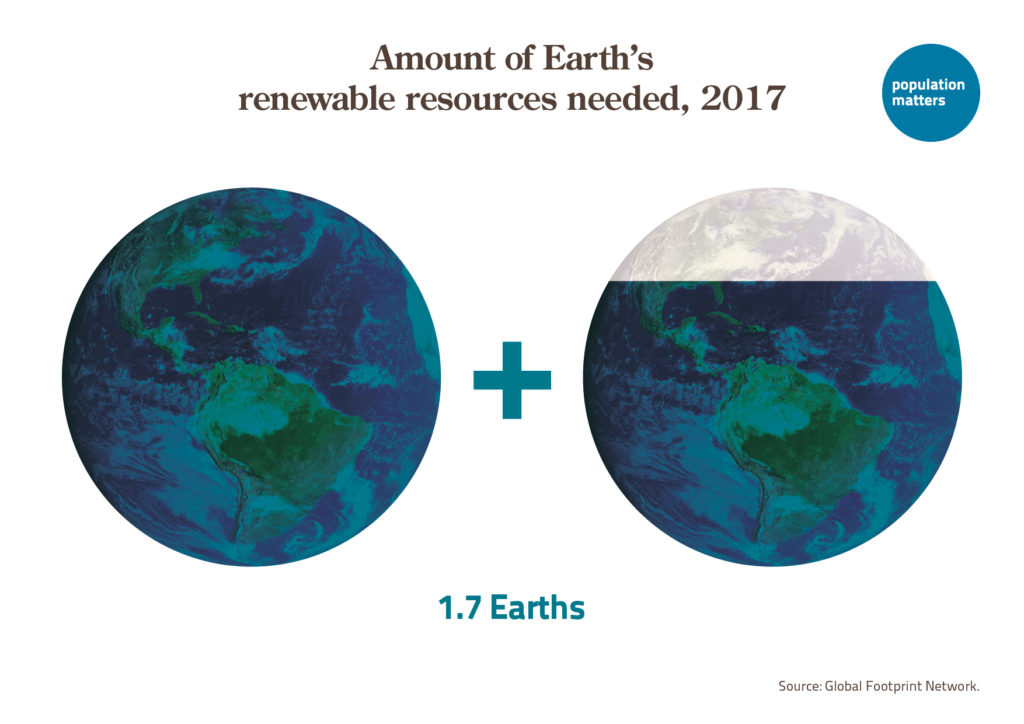


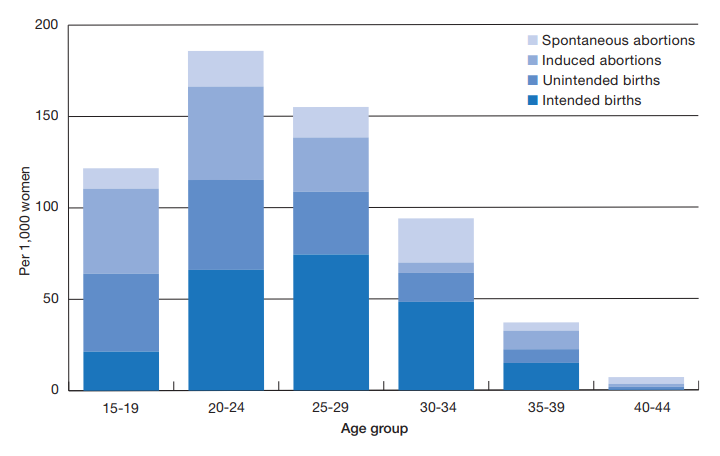
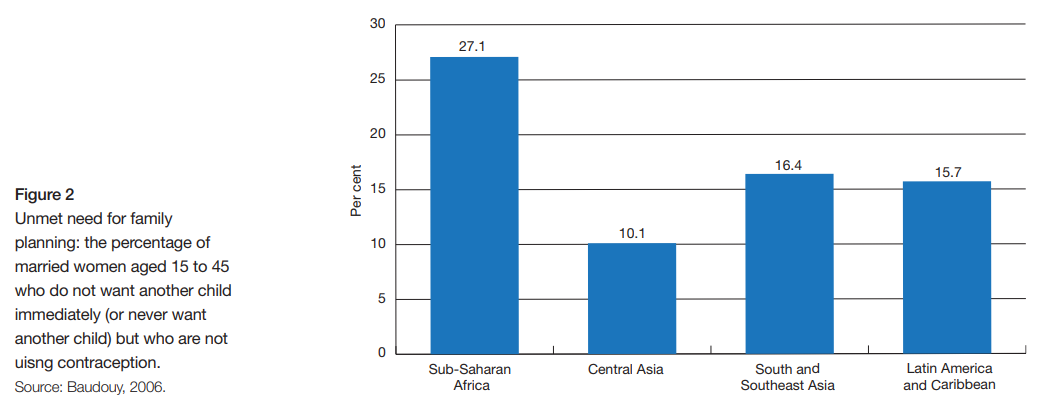
Leave a Reply